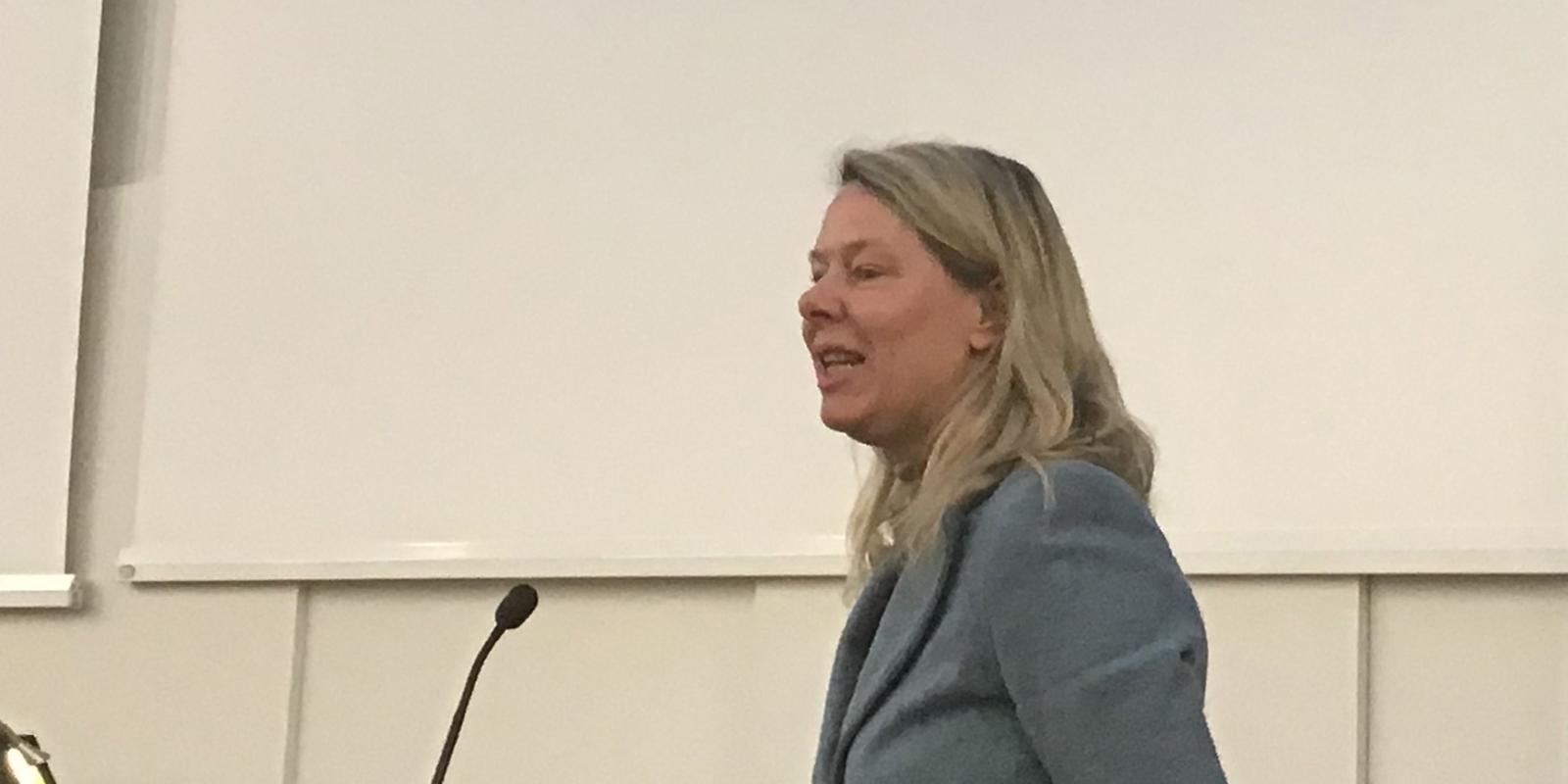- If someone asks me what I will remember from today, it is that Norwegian patients are active, aware of and use many types of health services, said NAFKAMs leader Miek Jong from the podium at Oslo's National Theater Conference Center.
-Specifically, Norwegians imagine that in the future, they will have to pay more out of the pocket and make a greater personal efforts to maintain good health.
Increasingly active patients
Referring NAFKAMs findings in the survey for an enthusiastic audience of 500+, prof.Jong presented that according to the survey, as many as 7 out of 10 were willing to pay for treatment in addition to what they receive from the healthcare system, and 1 out of 4 estimated to pay NOK 5,000 or more per year for this :
- Along with using privately-owned medical services and healthcare specialists, complementary and alternative medicine still constitutes a significant form of Norwegians' caretaking of their health, Jong continued; referring what NAFKAM has found previously, through its participation in four Health Barometers as well as its own population surveys over more than a ten-year period:
2022: Four out of ten Norwegians used CAM
- Among other things, we know that 40% of the entire adult Norwegian population - both among those who responded in the Health Barometer, those present physically or online, used one or more forms for CAM in 2022 -seeing a CAM provider, using herbs or self-help techniques - together with treatment from the official healthcare system. Each of these users spent NOK 4,700 on CAM. That is almost twice as much as the annual deductible in the Norwegian healthcare system. Transferred to the population, this corresponds to 1.6 million adult individuals spending almost NOK 8 billion on CAM.
- Big numbers that cannot be overlooked
Jong described these findings as a lot of money and many individuals. She went on to explain that it is in this landscape that NAFKAM does research on whether - and possibly how - CAM treatment can be useful, as well as providing unbiased consumer information so patients can make knowledge-based choices for their own health.
- Based on what I have heard here today, I doubt that Norwegians' health will "magically" improve by itself, and that their need for treatment will decrease or disappear in the coming years. So the usage of CAM cannot be overlloked, she continued.
Patient safety - the most important thing
- Therefore, patient safety should be a key word for all of us – patients, healthcare professionals, CAM providers, healthcare researchers and politicians, emphasized Jong, and encouraged everyone to contribute so active patients can travel safely on their way and search for cures, both within and outside the healthcare system:
- We know that as many as half - i.e. one in two of those who use CAM - do not raise this topic with their MD. This can contribute to the experience of side effects, interactions with important medication, and worsening health as a result of delayed medical treatment. We have to take this seriously, and do something about it, she continued.
Jong pointed out that doctors are central to Norwegian patients' overall health care: - In this year's Health Barometer, 66% said it is important that doctors have some knowledge of the effects and risks of CAM. As most know, Norwegian doctors are hard pressed for time, and cannot be expected to take training or use registration forms about CAM. My wish for CAM users and their patients is that the doctor asks if "do you use anything else in addition"? This can contribute to an open dialogue about the topic, where important information can come to light, and the doctor can provide good advice.
Prof.Jong concluded by reminding the politicians that NAFKAM can be requested and taken for advice in the further work on patient safety and professionalism in the field of alternative treatment.
- All NAFKAM's questions and findings in this year's Health Barometer can be found here (Norwegian only).
- Kantar's own comments regarding the Health Barometer 2023 (external link).
